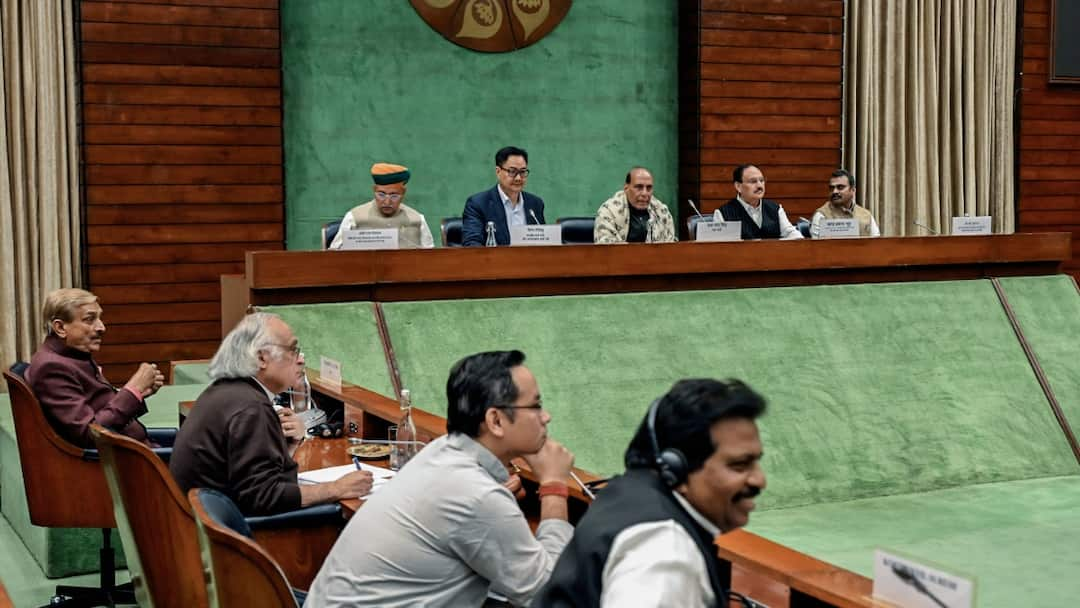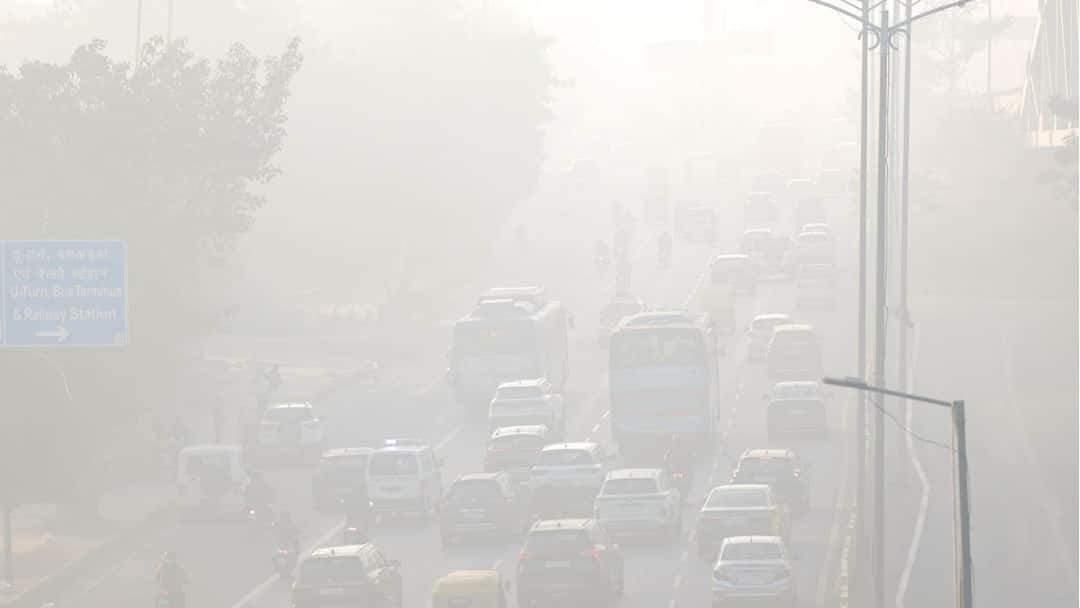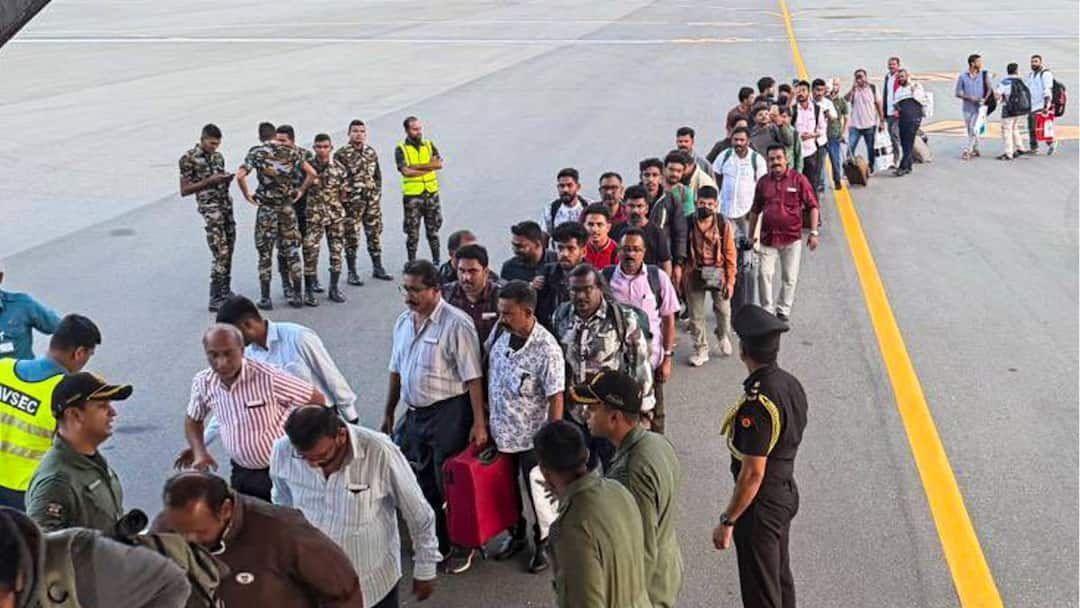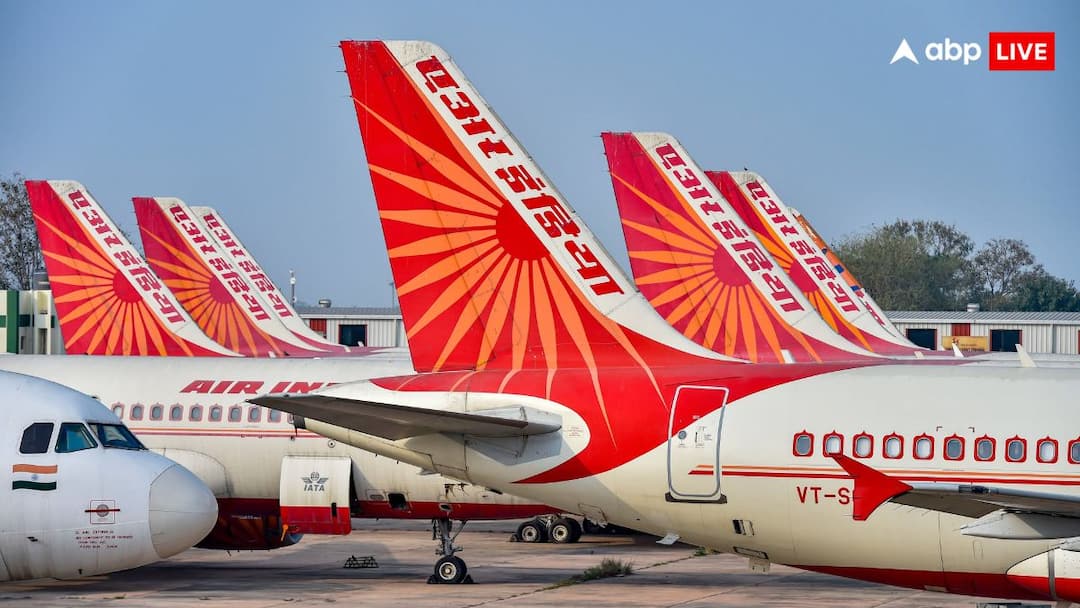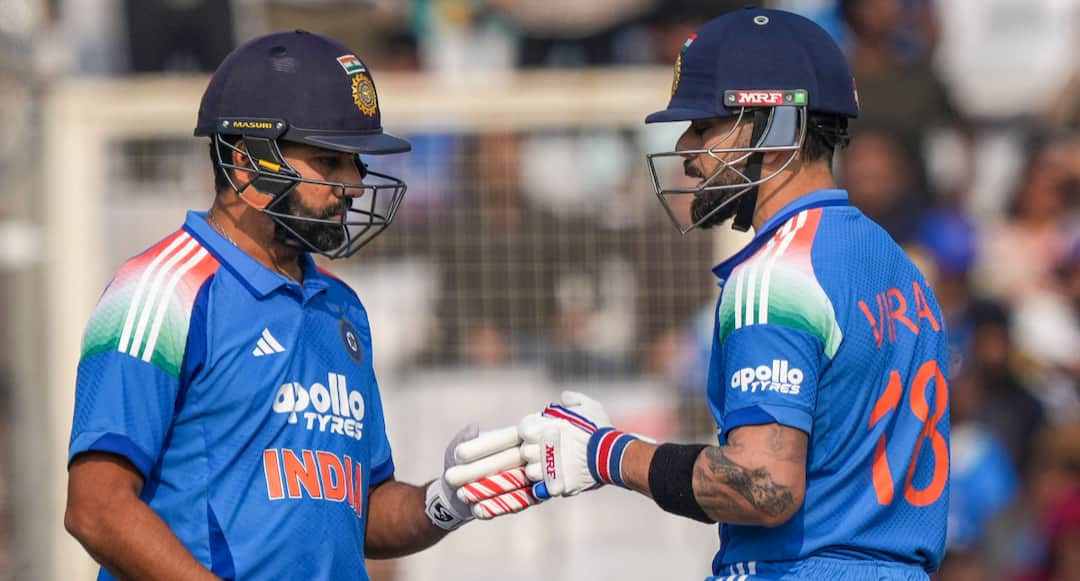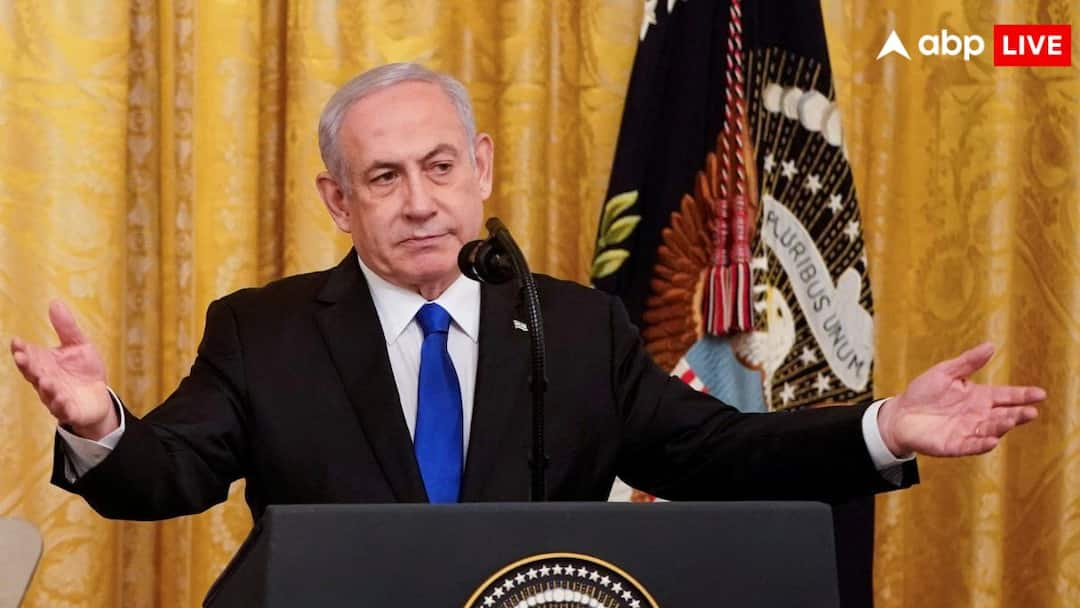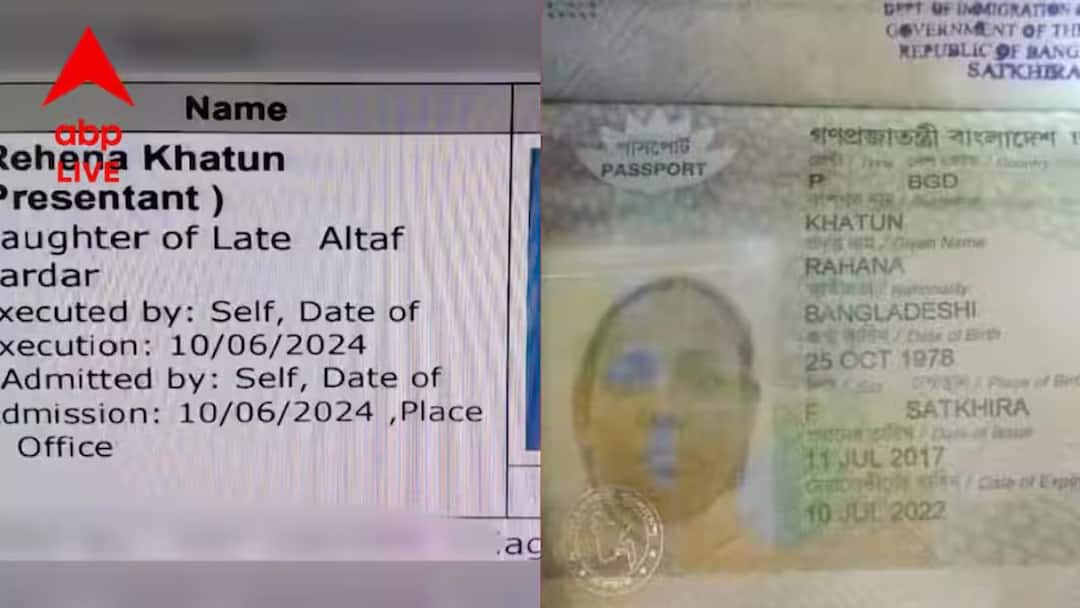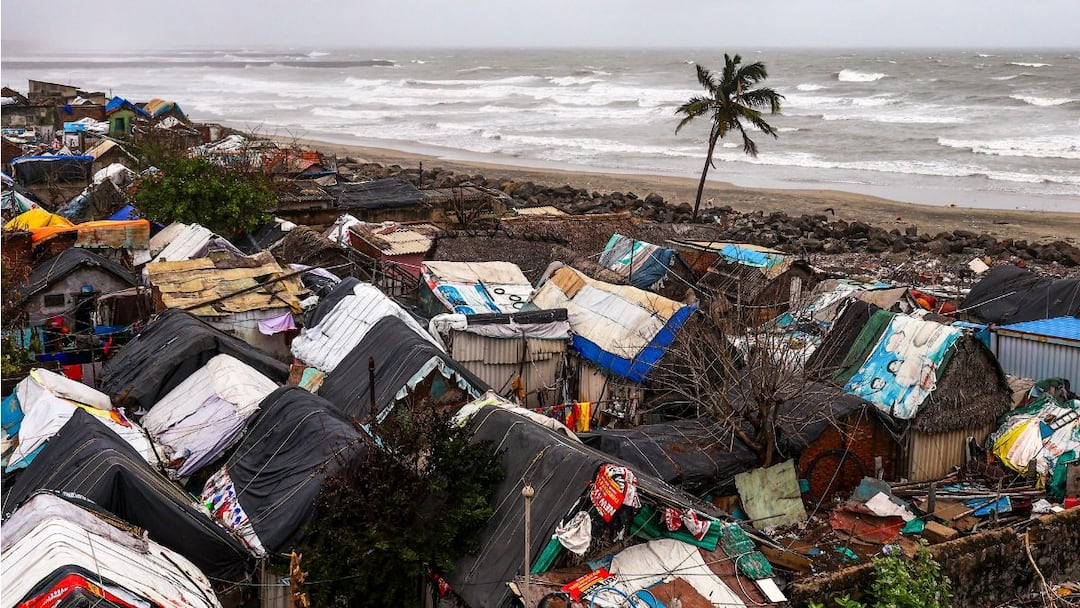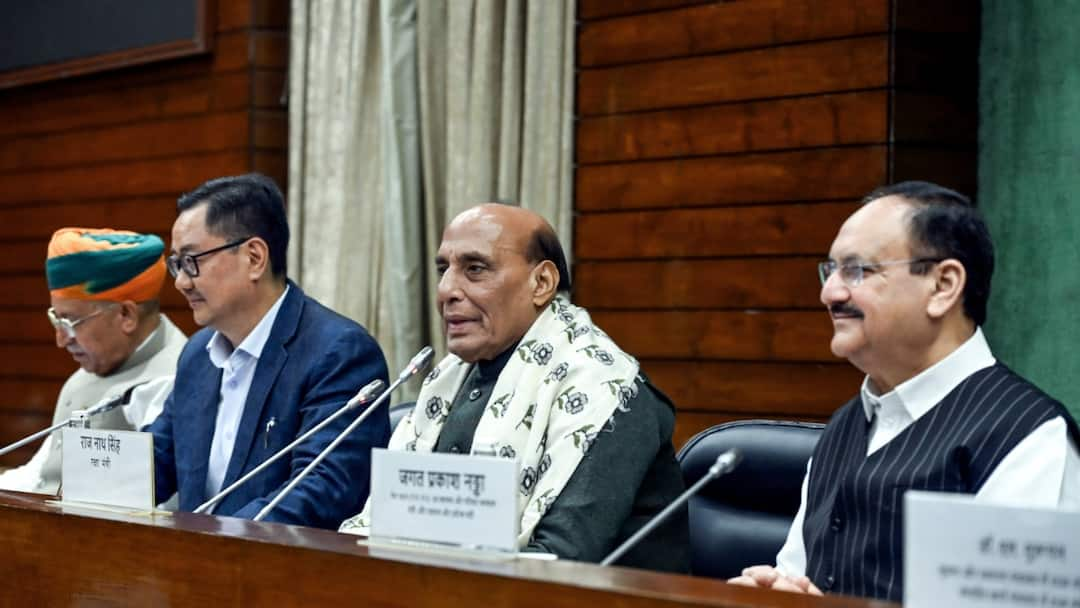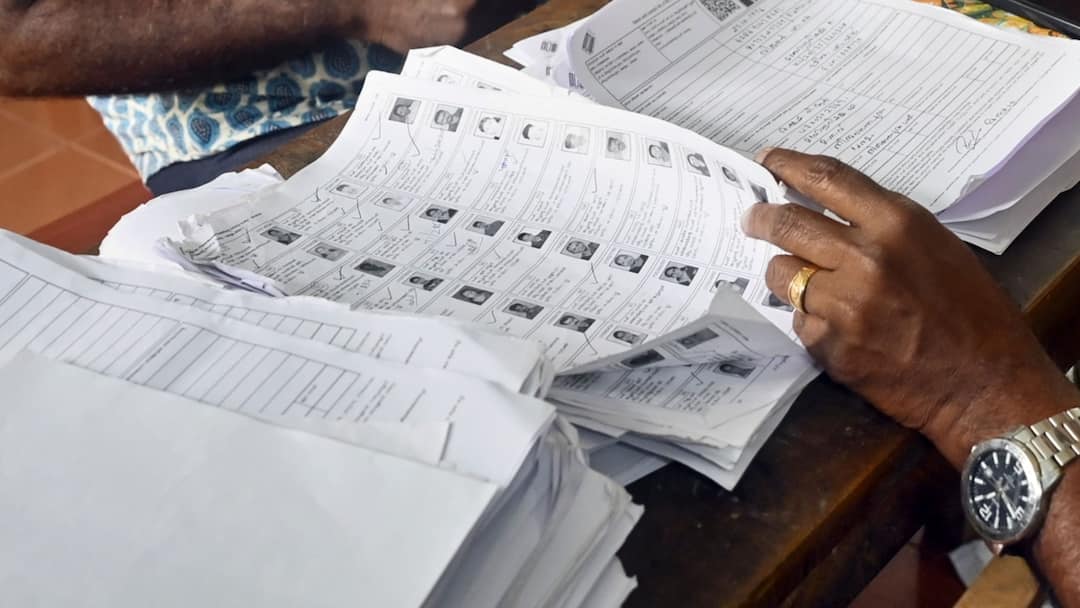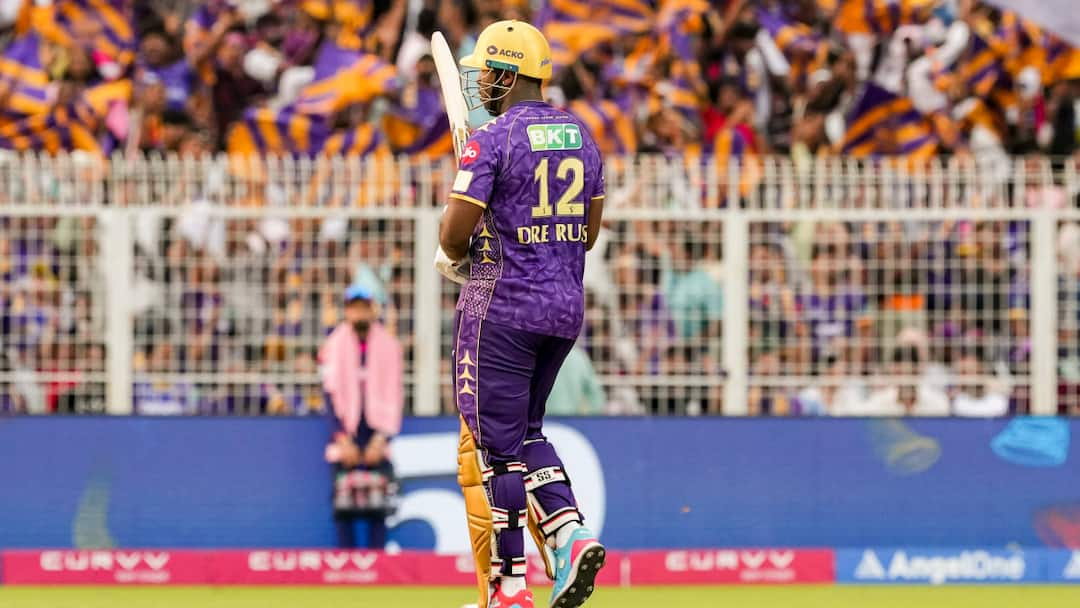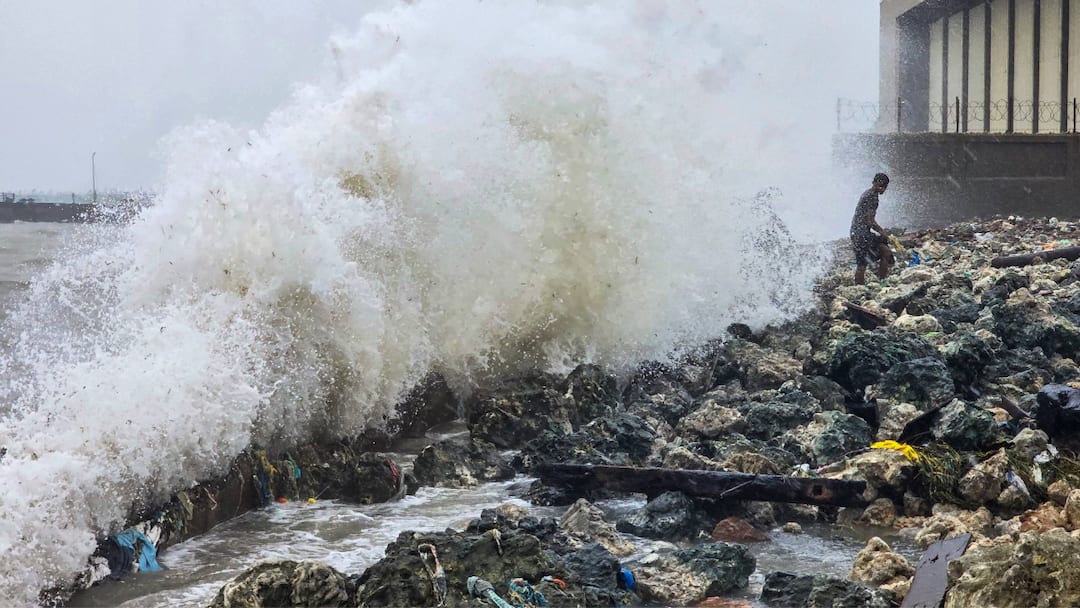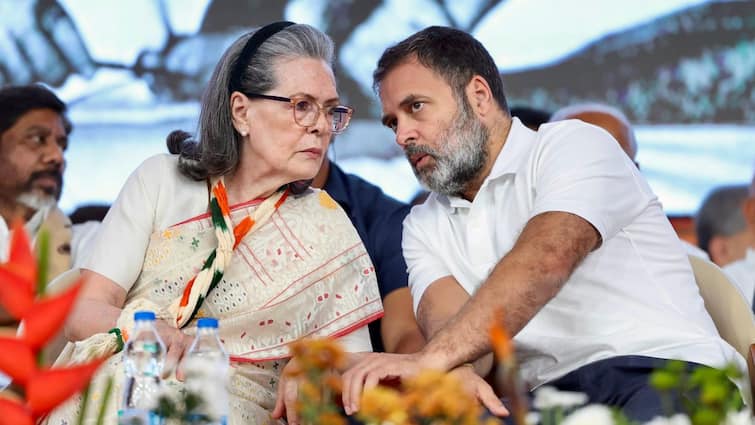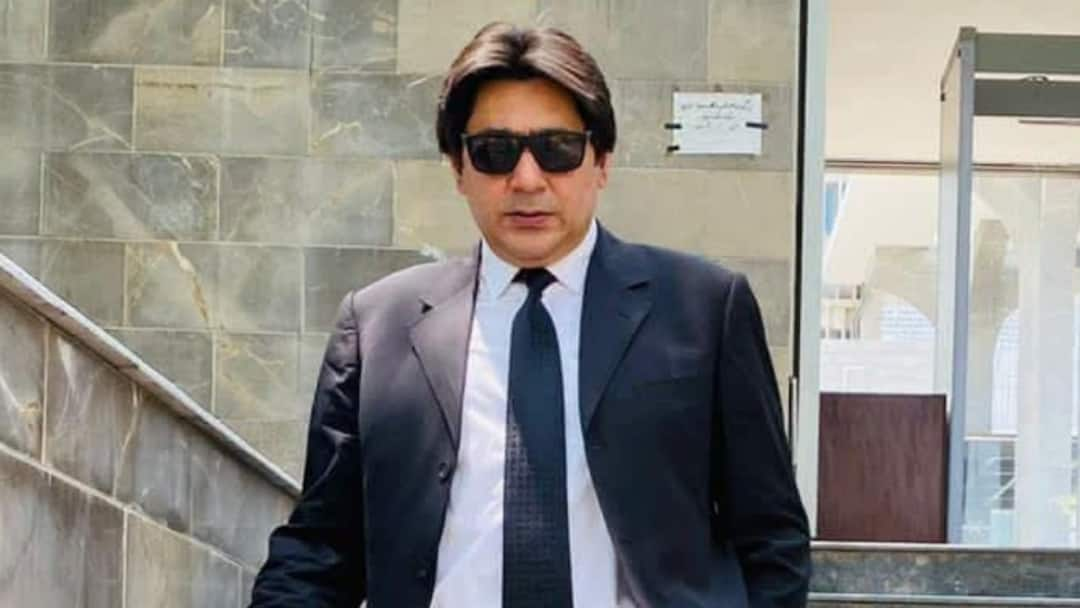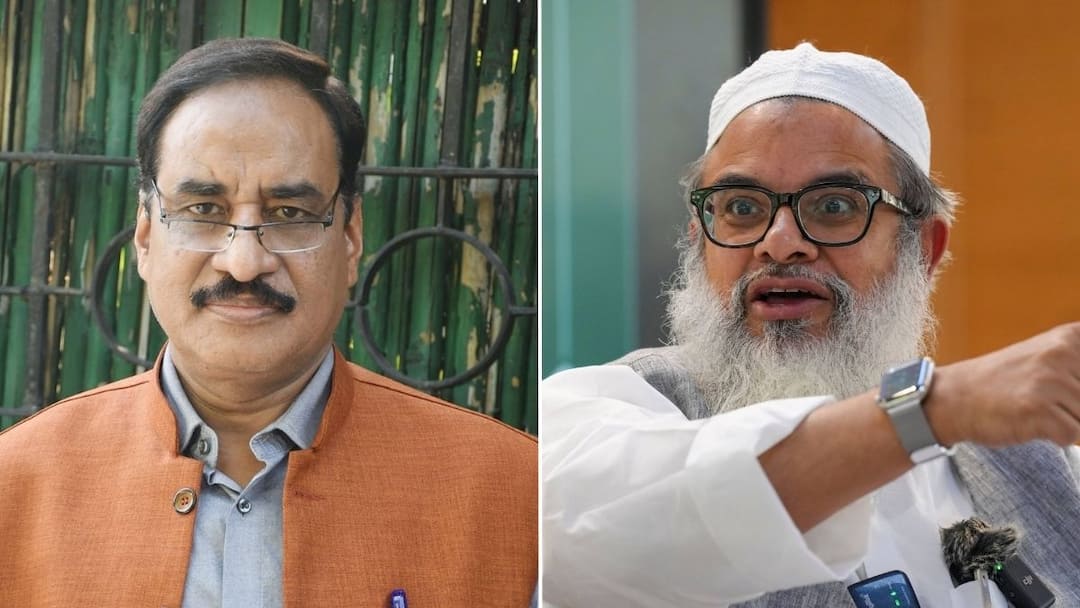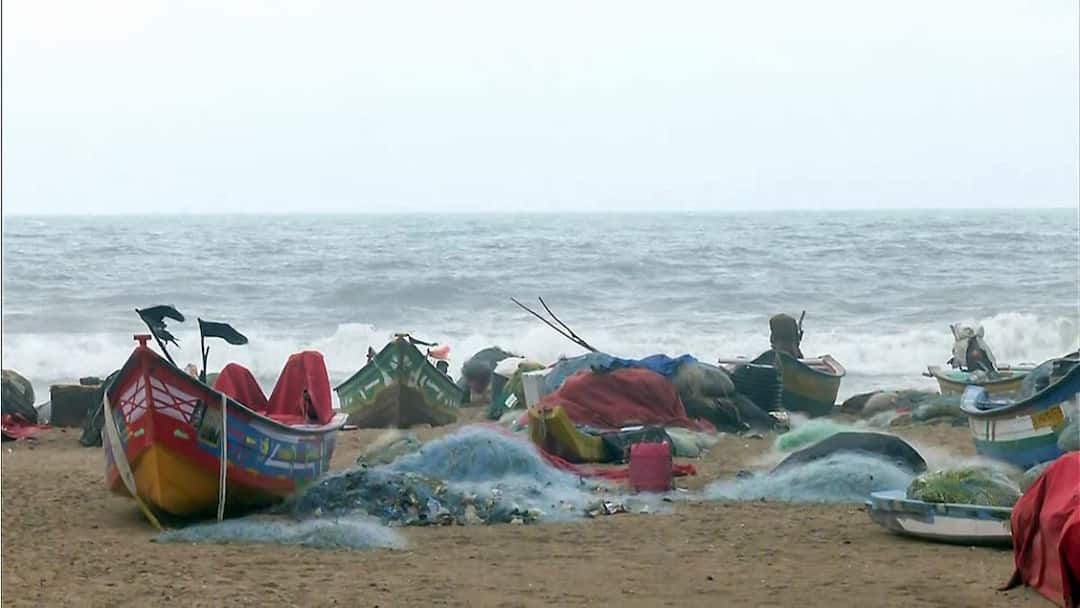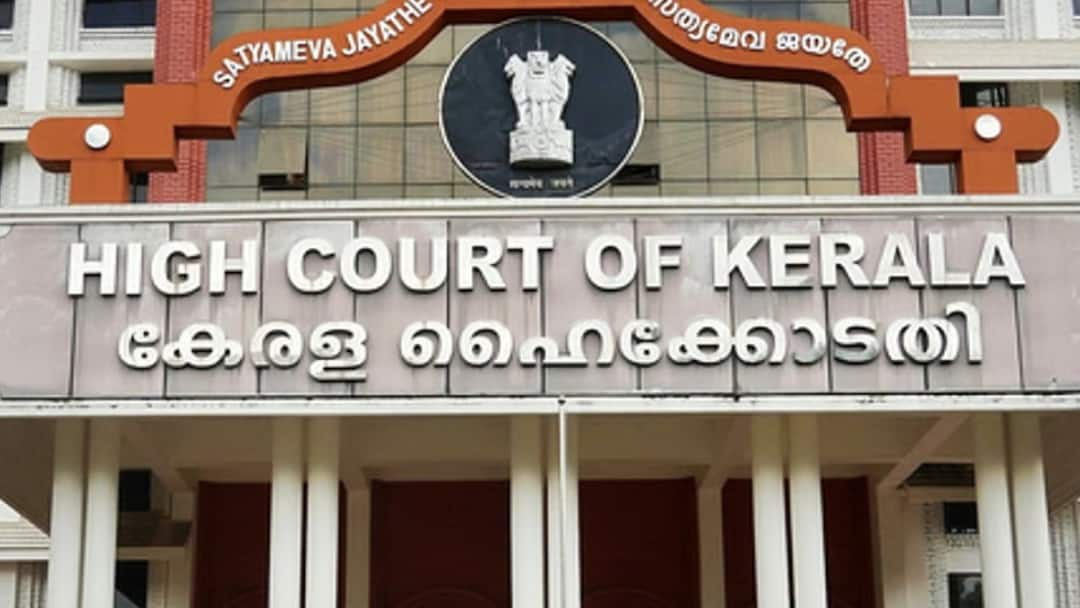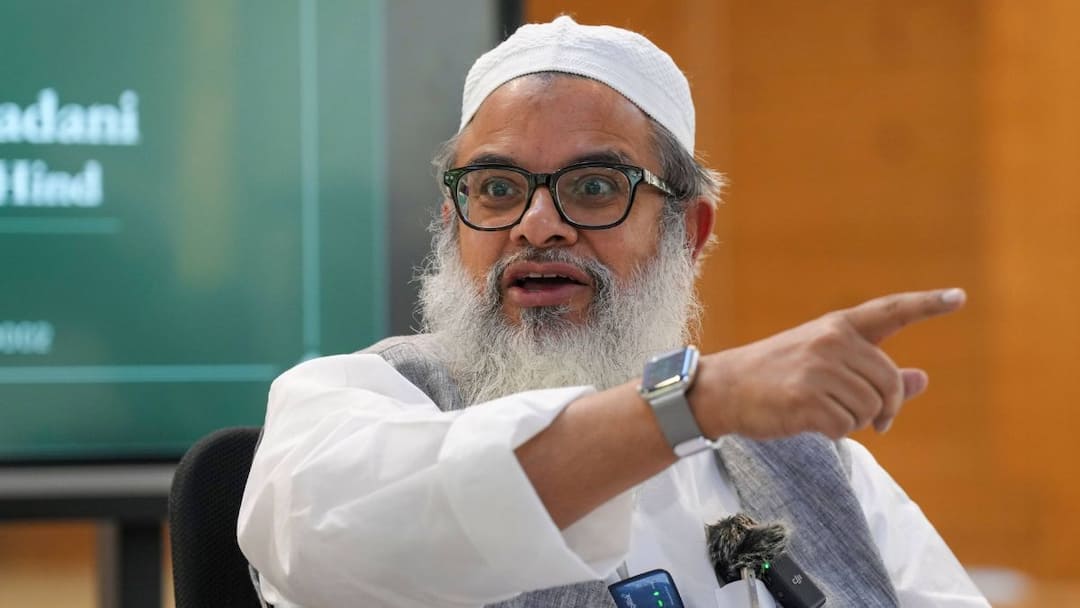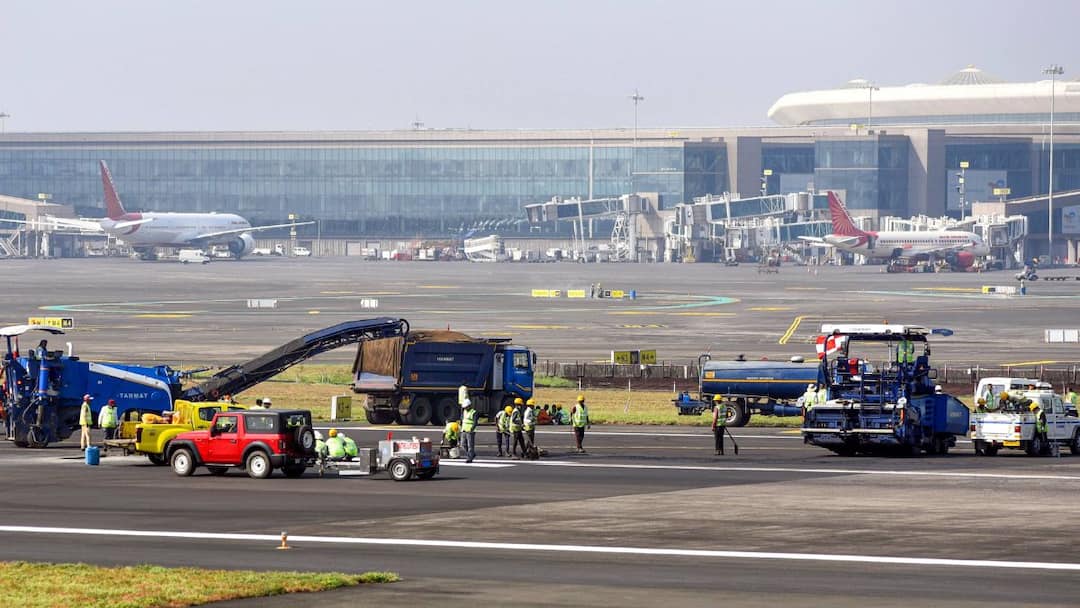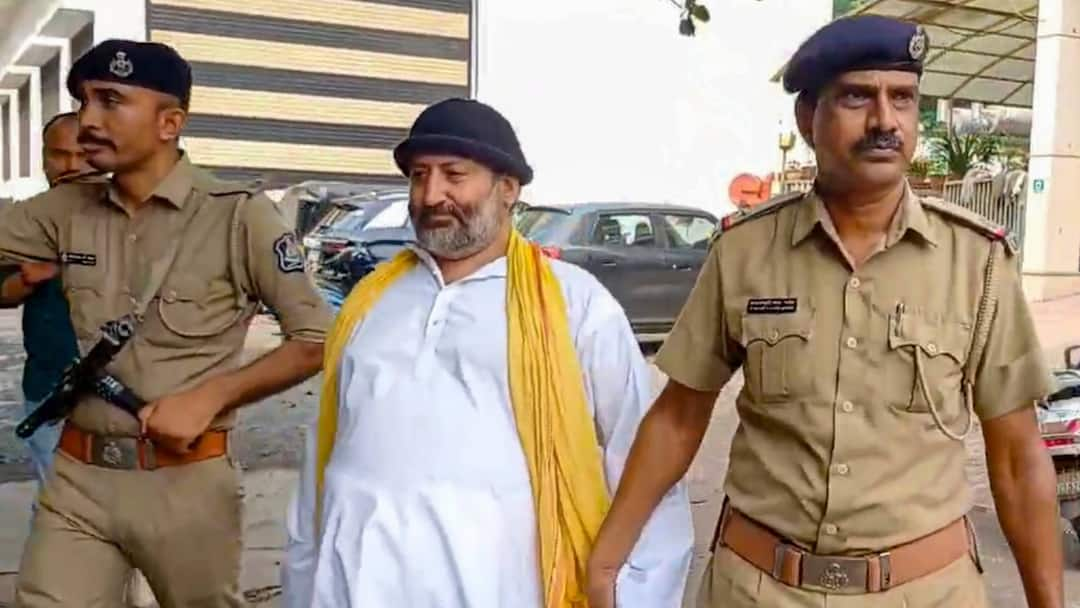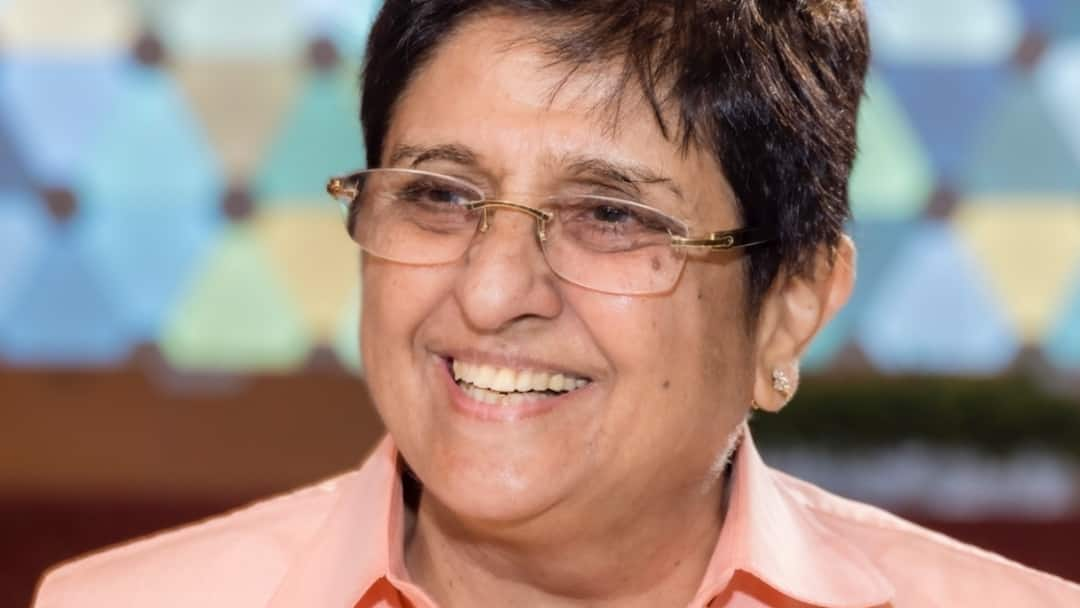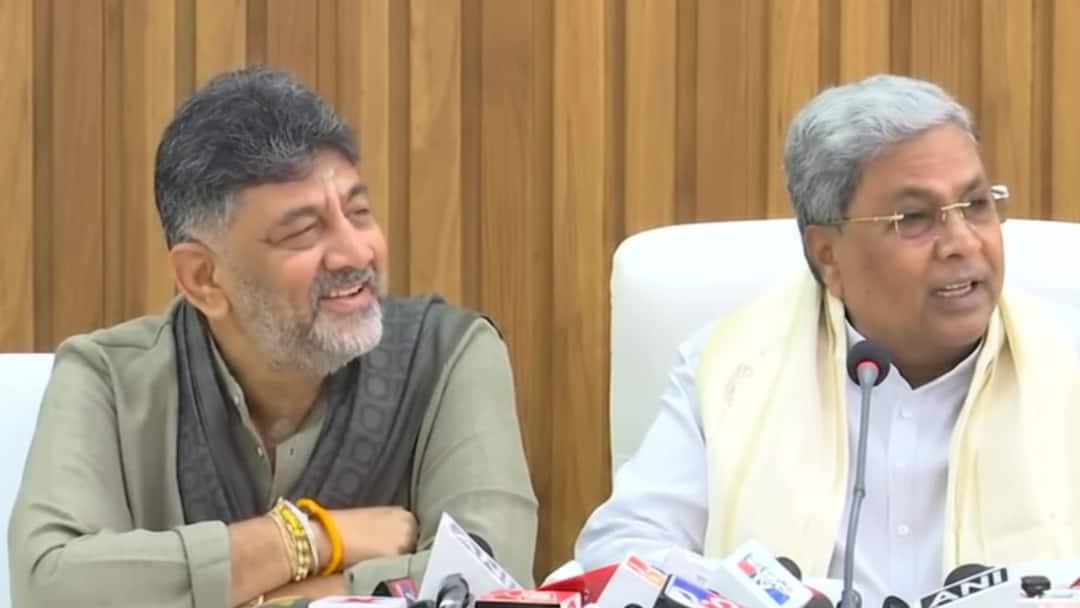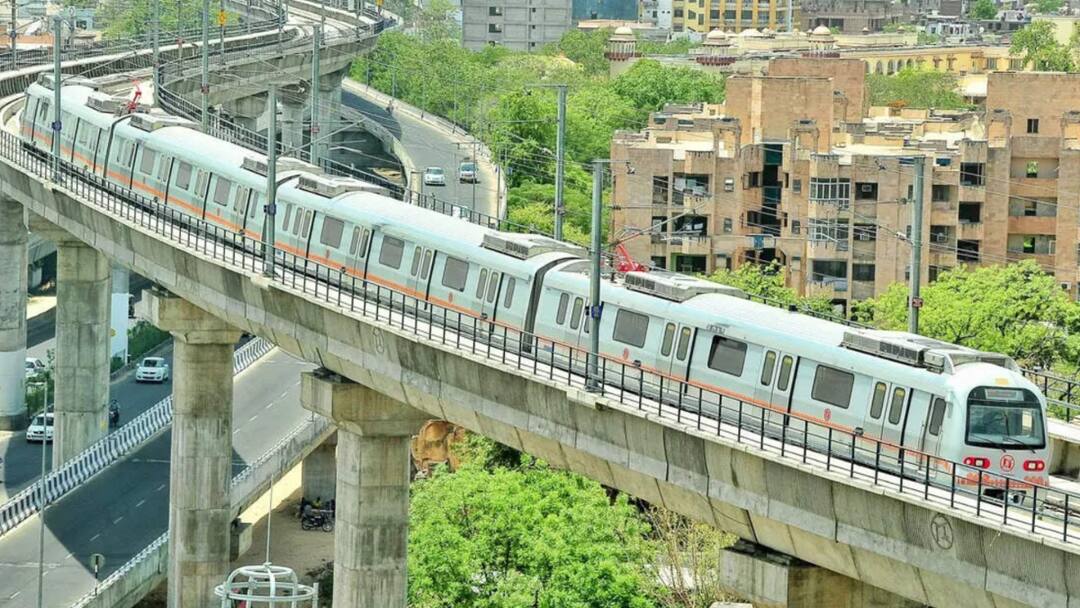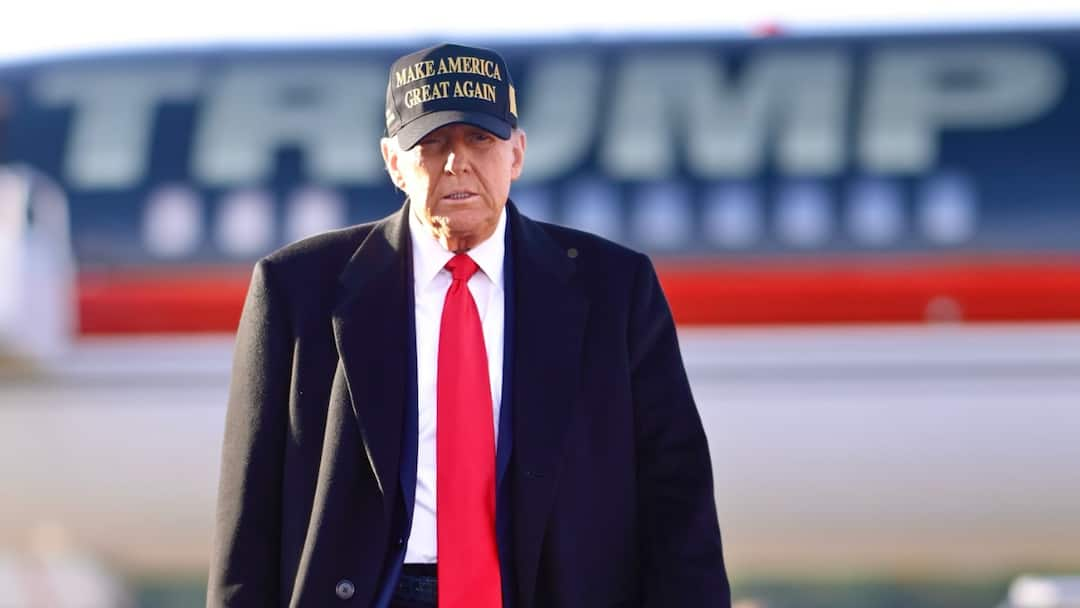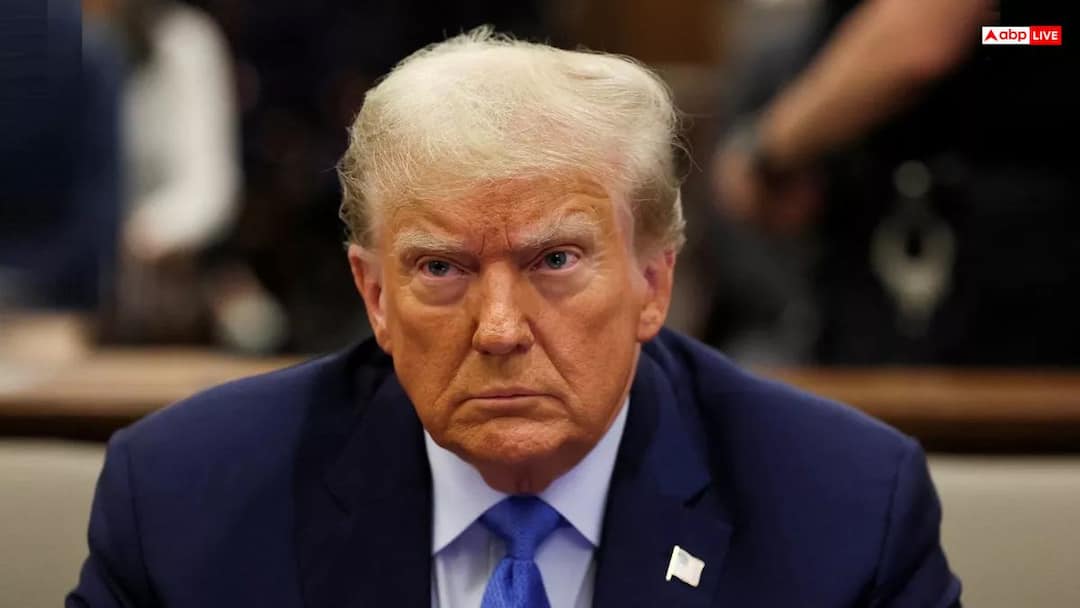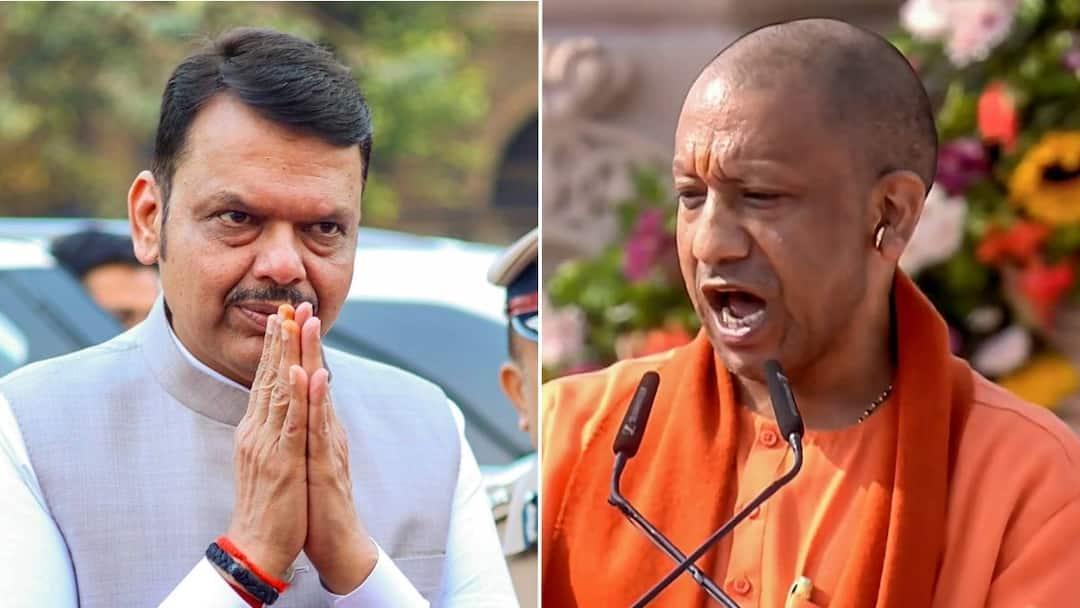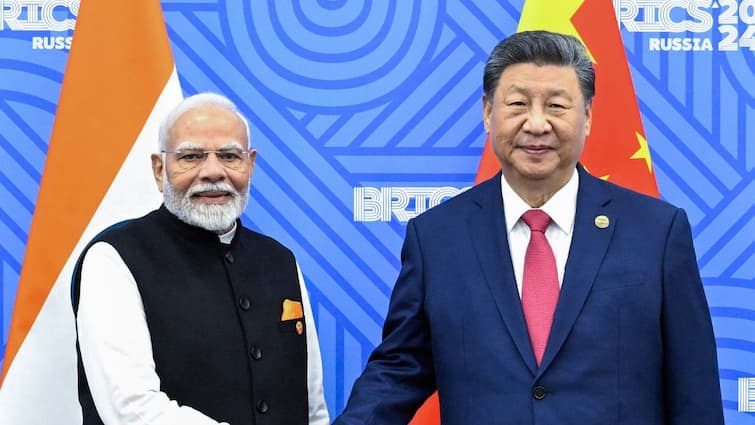
Prime Minister Narendra Modi and Chinese President Xi Jinping are set to hold two rounds of bilateral talks on Sunday on the sidelines of the Shanghai Cooperation Organisation (SCO) summit in Tianjin, as both nations look to recalibrate ties against the backdrop of escalating global trade tensions triggered by US President Donald Trump.
According to a PTI report, quoting sources, Modi — who is scheduled to arrive in Tianjin on Saturday evening after completing a two-day visit to Japan — will meet Xi around noon on Sunday. A second meeting is expected to take place later that evening, ahead of the official banquet of the SCO summit.
On Monday, the prime minister will participate in the formal proceedings of the 10-member SCO, where he is also expected to hold a bilateral meeting with Russian President Vladimir Putin before returning to India.
This year’s summit is being closely watched, particularly in the context of India-China relations. Analysts describe it as one of the most consequential gatherings in years, coming at a time when India’s ties with Washington have soured following Trump’s decision to impose a steep 50 per cent tariff on Indian exports.
ALSO READ | ‘India Ready To Advance Bilateral Ties’: PM Modi Ahead Of Meeting With China’s Xi Jinping
The visit also marks Modi’s first trip to China in seven years — a development seen as highly significant given the turbulent history of bilateral ties. While Modi is expected to engage with several world leaders during the summit, his interactions with Xi are likely to dominate global attention.
Observers believe the outcome of the talks could shape the trajectory of India-China relations in the near future. Both countries, facing economic headwinds and increased pressure from U.S. tariffs, have an incentive to ease tensions and explore common ground.
Modi and Xi last met at Kazan during the BRICS summit, an encounter that effectively ended a four-year freeze in ties following military tensions in Eastern Ladakh. Since then, both leaders have signalled a willingness to deepen engagement.
The two men are no strangers. Before the Ladakh clashes, Modi and Xi held multiple meetings across bilateral and multilateral platforms, including informal summits, where they sought to build personal rapport. Following their Kazan meeting, New Delhi and Beijing have stepped up wide-ranging interactions.
Efforts to stabilise relations have also been reflected in boundary talks. National Security Adviser Ajit Doval and his Chinese counterpart Wang Yi, designated as special representatives on the border issue, have held two rounds of negotiations in the past nine months — setting the tone for a gradual normalisation of ties.
Doonited Affiliated: Syndicate News Hunt
This report has been published as part of an auto-generated syndicated wire feed. Except for the headline, the content has not been modified or edited by Doonited




